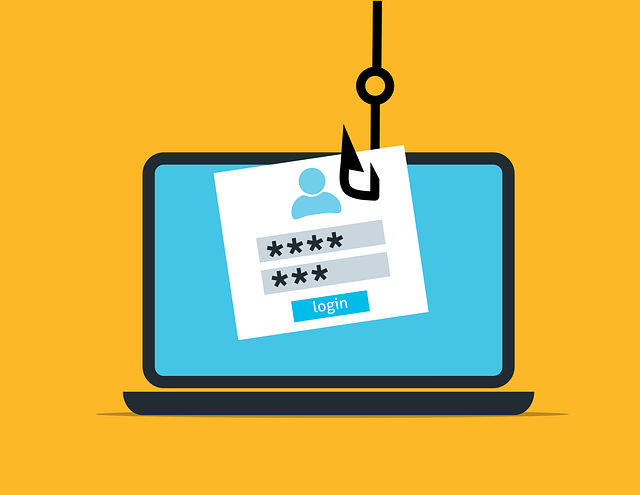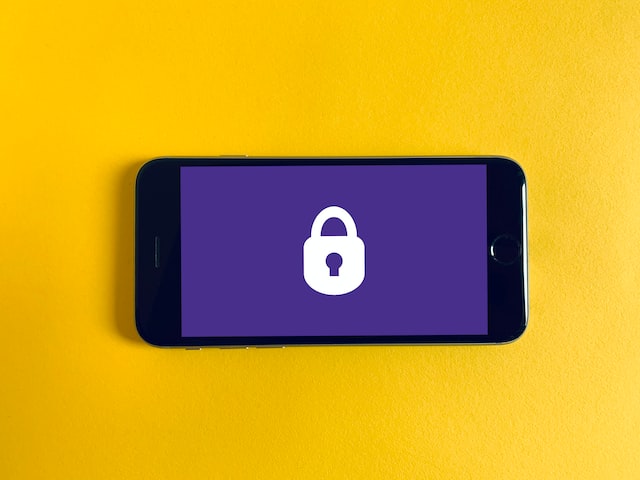When you receive a text from your bank, you may be shocked to learn that someone has attempted to transfer a large amount of money from your account. However, before you click the link provided in the text message to update your security information, you may want to think twice. Unfortunately, you may find that this is a phishing scam, and clicking the link to log into your account provides the sender with the information they need to drain your account and steal your identity. As such, it’s imperative to understand how what these scams are and the most common ways in which you can be targeted. The following blog explores what you should know about these matters, including the importance of working with a Michigan identity theft lawyer if you believe you are the victim of a scam.
What Is a Phishing Scam?
Phishing is a phrase used to describe a type of scam in which thieves pretend to be a legitimate institution, like your bank or a subscription service, in order to gain access to your personal information. Generally, the intent is to obtain personal information to open accounts in your name, or your financial information to use your accounts to make purchases or transfer money.
Most of these come in the form of an email or text message from what appears to be your bank, a mail carrier, or even a retail store with whom you have an account. Generally, a common ruse is to claim that something is wrong with your account, whether it’s outdated payment information, an unauthorized transaction, or an outstanding bill, which is accompanied by a link. However, these links are often fake and a means for the thief to obtain your information.
What Schemes Are Most Common?
One of the most common phishing schemes involves website cloning. This occurs when a thief makes a website that looks identical to that of a legitimate institution. Because the website appears legitimate, the victim may not think twice before entering their login information. However, as this is a clone site, instead of accessing their account, they provided the thieves with their username and password.
While text or emails are most common, phone call phishing scams may also impact you. These occur when you receive a call from someone claiming to be a representative at a financial or government institution, like an employee at your bank or a benefits agent from the Social Security Administration. They may ask you to confirm or update your information to ensure your account is accurate. However, when you provide your sensitive details, they will use them to commit identity theft.
Generally, the best way to determine if a communication you’ve received is a phishing scam is to contact the institution through a legitimate means, such as searching the internet for their official website and using the phone number listed there to confirm the information you received. As a rule of thumb, you should never provide any personal information over the phone unless you initiate the phone call.
At Lyngklip & Associates, we understand the impact that phishing scams can have on unsuspecting customers, especially as thieves grow more sophisticated. That is why our firm is dedicated to helping consumers who have been impacted reclaim their identity and recover from the theft. If this represents your circumstances, contact us today to learn how we can fight for you.



